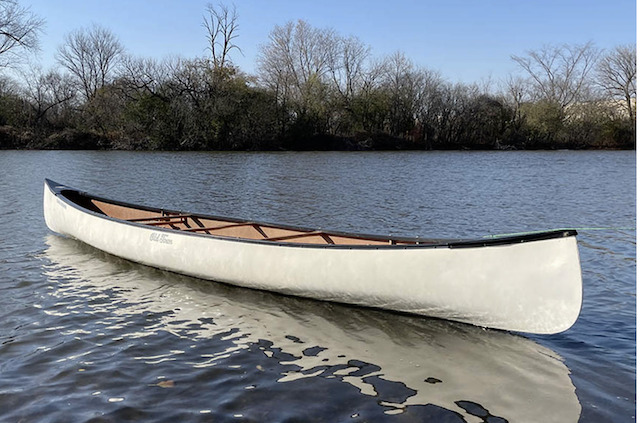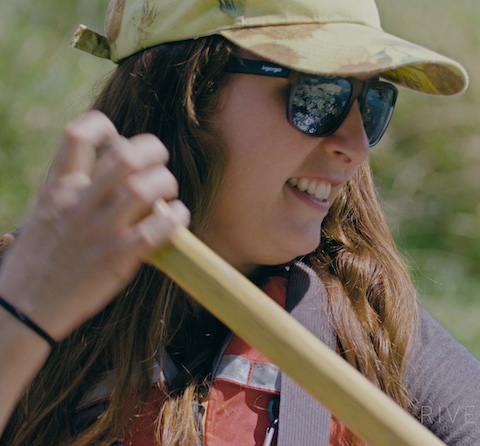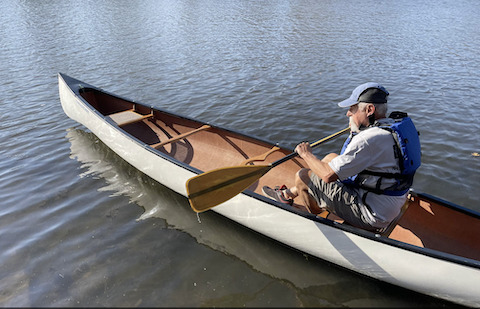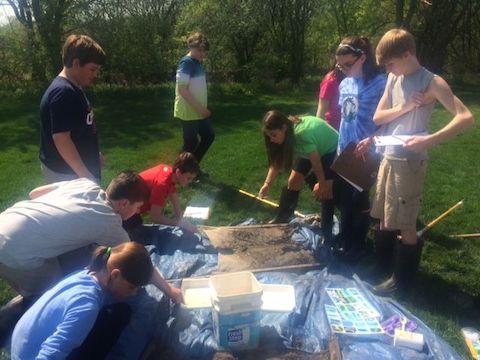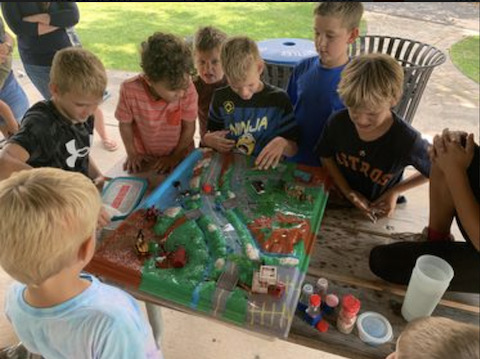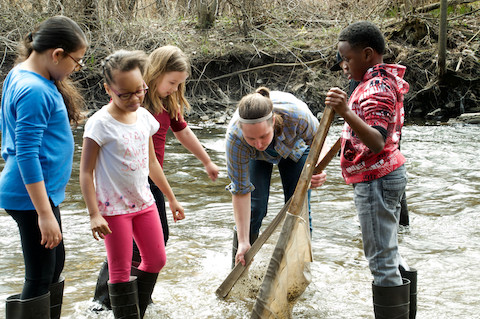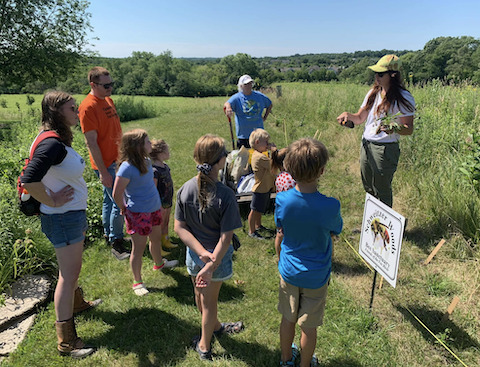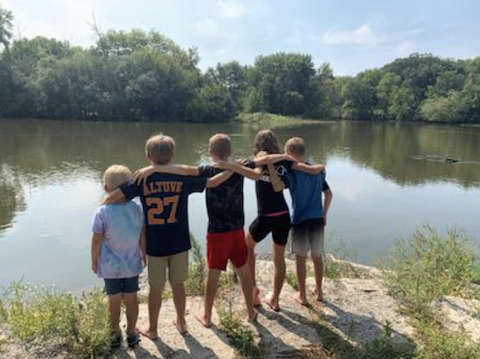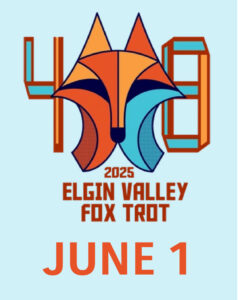River protection comes in the form of education, advocacy, research, and restoration. Friends of the Fox River (FOTFR) is the local leader and invests heavily in watershed education. Jenni Kempf is now the Director of Educational Program Operations. Since 2009, FOTFR has employed part- time educators to lead students in boots-on and in-stream explorations. The traditional 4-month field season has grown to a year-round initiative. Historically, FOTFR services more than 5000 students annually. Growth in educational experiences in both scope and geography is continuing. As an example, in the first three weeks of May alone, FOTFR provided experiences for 2000 youth from Richmond to Yorkville.
Help Fund the Future
Building a watershed community of caretakers requires significant human and financial resources. FOTFR’s capacity is limited only by staffing, not by the lack of programming needs. The Canoe Raffle is an initiative to fund the maintenance and growth of watershed education services.
Please consider the purchase of raffle tickets for yourself or as a gift to others – Father’s Day is near. Click here to get yours. Your support and donations make these experiences possible.
Youth are the Future
That is not just rhetoric, it is a fact. We are building a community of caretakers for the future of the Fox River Watershed. FOTFR’s primary audience is youth, the community’s largest demographic group and future leaders. The experiences that we provide nurture connections between their daily lives and the natural community. Those connections help develop a stewardship ethic that impacts them now and into the future.
Today’s Decision Makers
Referring to youth as future decision makers discounts their impacts and potential. Young children, adolescents, and young adults are making water conservation and consumer choices today and everyday. Many of these decisions have direct impacts upon the health of our watershed. And when young people decide to care for a cause, they can be a formidable force. Research has shown that an effective way to change an adult’s behavior is by pressure from their children. Quitting smoking, improved nutrition, and a cute puppy are examples. If young people are watershed caretakers, they will drive better behaviors with peers, parents, colleagues, and their governmental representatives. When students step into a stream that looks lifeless and collect small organisms, they gain a new realization of the abundance of life all around them. Connecting their own personal impacts upon water quality to the health of local streams often changes their perspective of their role as watershed residents. That in turn impacts their current and future decision making.
Essential Experiences
Today, more than ever in our culture, we are disconnected from the natural world. We get food from a store or drive-up window. We spend more time playing and learning on a screen than we do being outside. The world that has sustained us forever has become foreign and scary. Many students lack any opportunities for nature play. Watershed education is now essential for introducing students to their relationship with Earth’s systems.
Diversity in Delivery
FOTFR offers a diversity of experiences to youth. Those 2000 students we engaged in May experienced in-stream data collection, pond explorations, in-class presentations, field trips, after-school/on-campus field work with hands-on activities at community events, and canoeing. These activities involved the general public (community events and library programs), students (public and private), scouts, and Dundee Township Boys and Girls Club members. Many students rarely have any outdoor experiences in their regular school day or in their lives beyond school. FOTFR works with schools and youth groups to provide meaningful watershed educational experiences that are incorporated with the school curriculum.
Building a Culture
Watershed education is not just the delivery of terms and concepts. It involves directly connecting a student’s life to the natural world. That guiding principle comes from Aldo Leopold who said, “We abuse land because we regard it as a commodity belonging to us. When we see land as a community to which we belong, we may begin to use it with love and respect.” FOTFR leads unique experiences that connect students to nature.
